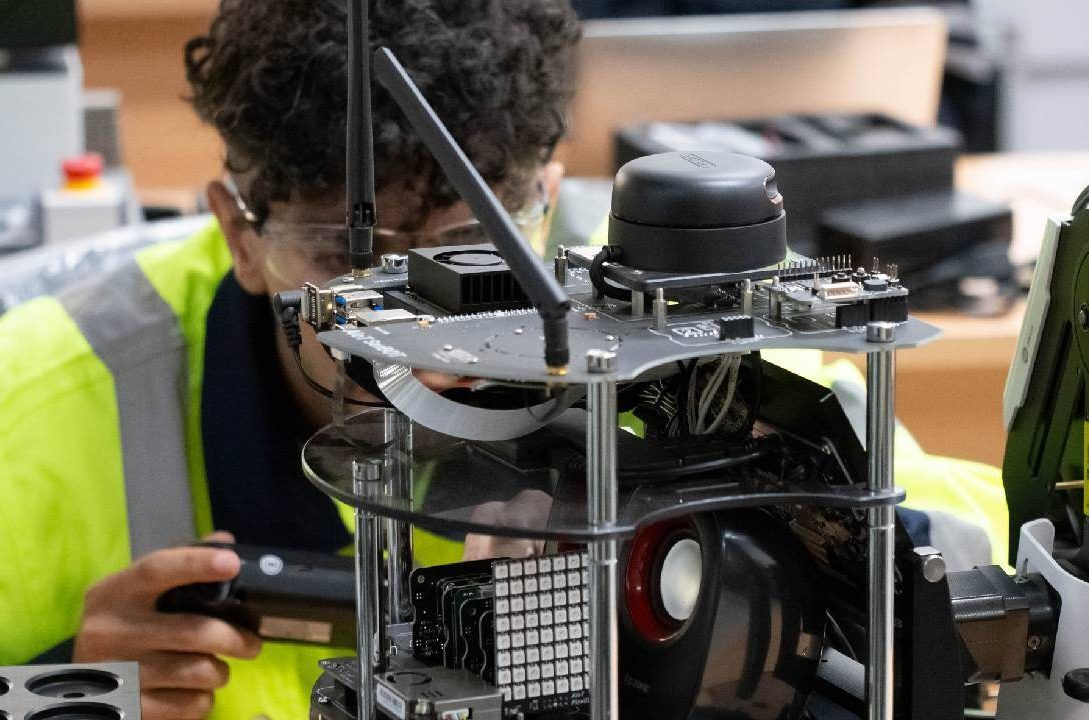In an era dominated by technological advancements, artificial intelligence (AI) stands out as a transformative force reshaping various industries. Traditional services, once reliant on manual processes and human expertise, are now experiencing a profound evolution thanks to the integration of AI technologies.
In this blog post, we will delve into the far-reaching impact of AI on traditional services and explore how this revolution is changing the way businesses operate.
- Enhanced Efficiency and Productivity: AI excels at automating repetitive and time-consuming tasks, allowing traditional service providers to streamline operations and boost overall efficiency. Whether it’s data entry, customer support, or backend processes, AI technologies can handle these tasks with speed and precision, freeing up human resources to focus on more complex and value-driven aspects of the service.
- Personalization in Customer Service: The integration of AI in customer service has elevated the level of personalization. Chatbots and virtual assistants powered by AI can analyze customer data in real-time, providing personalized recommendations, resolving queries, and enhancing the overall customer experience. This level of personalization fosters customer loyalty and satisfaction, setting businesses apart in a competitive landscape.
- Data-Driven Decision Making: AI’s ability to analyze vast amounts of data in real-time empowers traditional service providers with actionable insights. From predicting market trends to identifying areas for improvement, AI-driven analytics play a pivotal role in strategic decision-making. Businesses can make informed choices based on data rather than intuition, leading to more effective strategies and improved outcomes.
- Innovations in Healthcare: The healthcare industry, traditionally reliant on manual diagnostics and treatment plans, is witnessing a revolution with the integration of AI. Machine learning algorithms can analyze medical data, identify patterns, and assist in disease diagnosis and prognosis. AI is also contributing to the development of personalized medicine, tailoring treatment plans based on individual patient data.
- Financial Services Transformation: In the financial sector, AI is revolutionizing processes such as fraud detection, risk management, and investment strategies. Automated trading algorithms use AI to analyze market trends and execute trades with speed and accuracy. This not only enhances the efficiency of financial services but also minimizes risks and optimizes investment portfolios.
- Education and Training Evolution: Traditional education and training services are adopting AI to personalize learning experiences. Adaptive learning platforms use AI algorithms to tailor educational content to individual student needs, facilitating a more effective and engaging learning environment. AI-powered virtual tutors and mentors are also becoming increasingly common, providing personalized guidance to students.

Conclusion
The impact of AI on traditional services is nothing short of revolutionary. From improved efficiency and personalized customer experiences to data-driven decision-making and innovations in various industries, AI is transforming the way services are delivered. While challenges such as ethical considerations and workforce adaptation must be addressed, the benefits of integrating AI into traditional services are evident. As businesses continue to embrace this technological revolution, those that effectively harness the power of AI are poised to redefine the standards of service excellence and pave the way for a future where innovation and tradition coexist harmoniously.
Related Posts:
Get Started with a free 15 -day trial
No credit card required for Trial Plan
Continue using starter plan for free forever, after trial or upgrade to Premium Subscription





